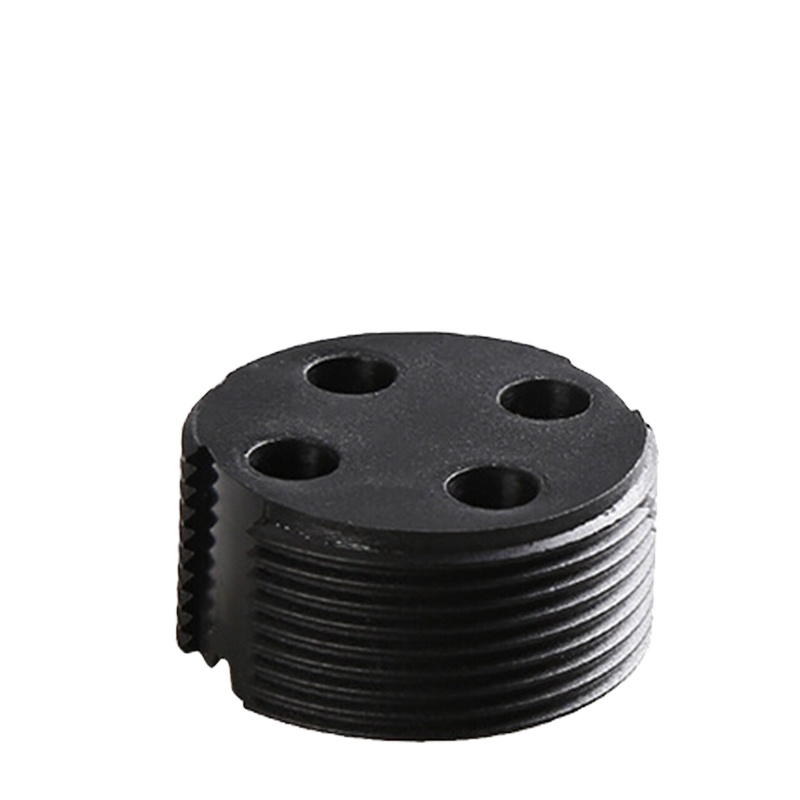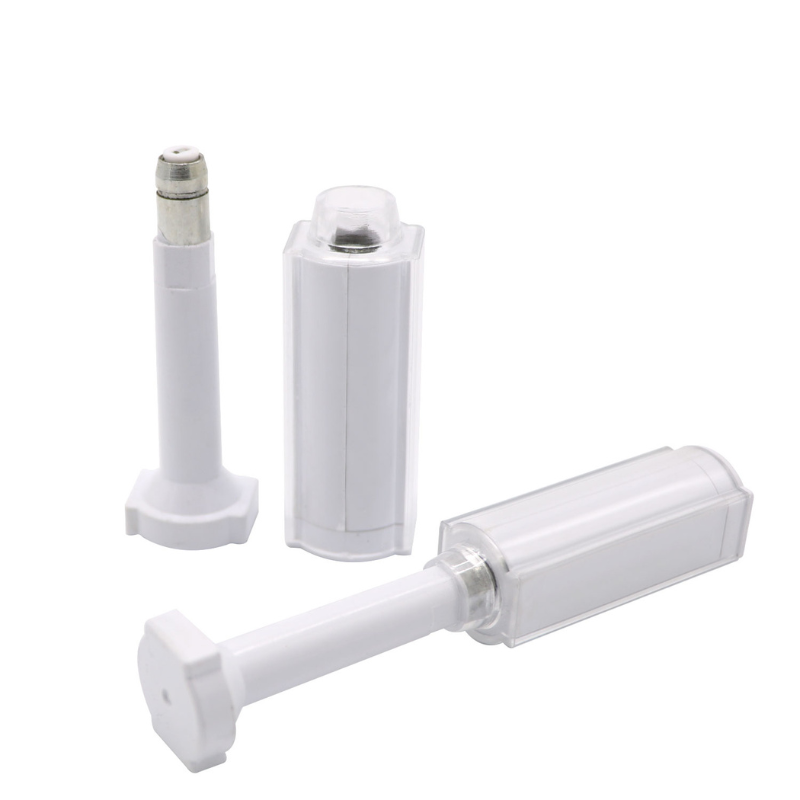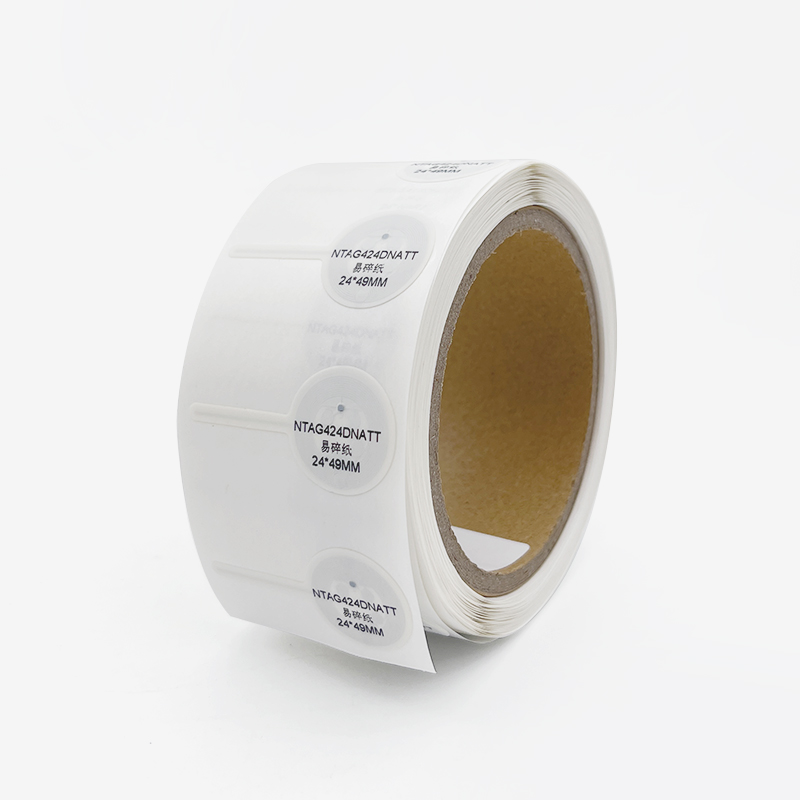
Advanced RFID Tool Tracking Solutions: Enhancing Efficiency and Safety
Table of Contents
Summary
From construction and aerospace to energy and mining, companies are leveraging RFID to address the persistent challenge of tool loss, misplacement, and theft. This article delves into how RFID tool tracking solutions are transforming inventory management, reducing costs, and improving safety on job sites and in industrial settings.
Overview of RFID Tool Tracking Benefits
RFID tool-tracking systems streamline the management of hand tools, mitigating the risks of loss and damage while enhancing operational efficiency. By automating tool tracking, companies can reduce manual labor, avoid costly replacements, and prevent safety hazards associated with misplaced tools. The advancement in RFID technology, particularly the development of metal-mount EPC Gen 2 ultrahigh-frequency tags, has significantly improved the reliability and cost-effectiveness of these solutions.
Key Components of RFID Tool-Tracking Solutions
Hardware Components
RFID tool-tracking systems comprise several critical hardware components designed to automate tool management effectively.
Component | Description |
RFID Tags | Attached to tools, these tags store unique identifiers and can be passive or active. Passive tags are commonly used due to their cost-effectiveness and reliability. |
RFID Readers | Devices that capture the information from RFID tags. Fixed readers are often installed at key locations, while handheld readers are used for mobile tracking. |
Antennas | Used in conjunction with RFID readers to enhance signal transmission and reception. Essential for tracking tools in environments with metal interference. |
Cribs and Cabinets | Storage units equipped with RFID technology to monitor tool access and inventory in real-time. These can be permanent or mobile, depending on the application. |
Software Integration
The software is the backbone of RFID tool-tracking systems, enabling comprehensive management of tool inventory and access.
- Inventory Management:Tracks the location and status of tools, updates inventory records automatically, and provides real-time data on tool availability.
- Access Control:Manages user permissions and tracks tool check-outs and returns, ensuring that only authorized personnel can access specific tools.
- Lifecycle Tracking:Monitors tools throughout their lifecycle, including usage, maintenance schedules, and recalibration needs.
Practical Applications of RFID Tool Tracking
In-House Tool Management
In-house solutions typically involve installing RFID-enabled storage units such as cabinets and chests. Workers use RFID-enabled identification cards to access tools, which are then automatically recorded by the system.
- Secure Tool Cribs:Equipped with RFID readers and software to manage tool issuance and return. Systems like ToolHound’s Secure Crib Portal use touch screen computers to confirm tool removals.
- Fixed and Mobile Readers:Installed near entry points and choke points within facilities to track tool movements. Handheld readers can be used for quick location checks.
Job-Site Solutions
For short-term projects and construction sites, RFID tool-tracking solutions are often deployed in mobile cribs.
- Modular Tool Cribs:Configurable units that can be staffed by the service provider or by company employees. These cribs are equipped with RFID technology to monitor tools across large areas.
- Temporary Tracking Systems:Examples include large setups like JobSite Resources’ 20-foot shipping containers, which link multiple RFID-tagged tools for efficient management.
Enhancing Safety and Compliance
In industries where safety is critical, such as aerospace and energy, RFID tool-tracking systems play a vital role in preventing accidents caused by misplaced tools.
- Safety Checks:Automated systems perform regular checks to ensure all tools are accounted for, reducing the risk of tools being left inside machinery. Companies like Lockheed Martin utilize RFID to monitor tool usage and prevent safety hazards.
- Foreign Object Detection:RFID technology aids in detecting and managing foreign objects in sensitive areas, such as engines or high-precision equipment.
Conclusion
RFID tool-tracking solutions are transforming the management of hand tools across various industries. By automating tool inventory and access, these systems enhance operational efficiency, reduce costs associated with tool loss, and improve safety. As RFID technology continues to advance, its applications in tool management will become even more integral to maintaining productivity and safety in industrial environments.
Comments
Hot Products
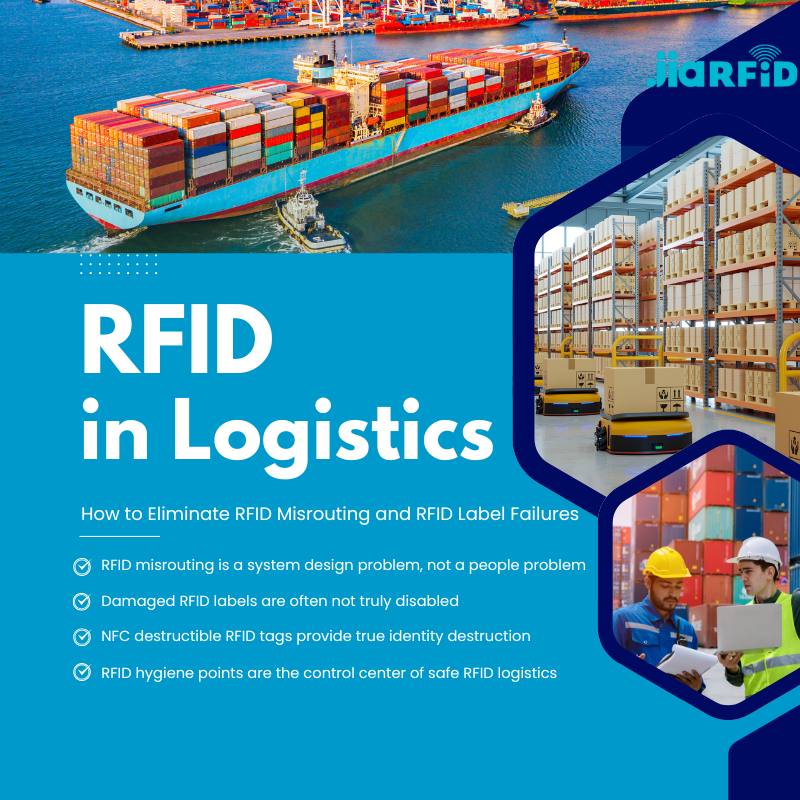
RFID in Logistics: How to Eliminate RFID Misrouting and RFID Label Failures
RFID in logistics is more than just a tool to speed up processes. It has become a key part of how modern supply chains operate.
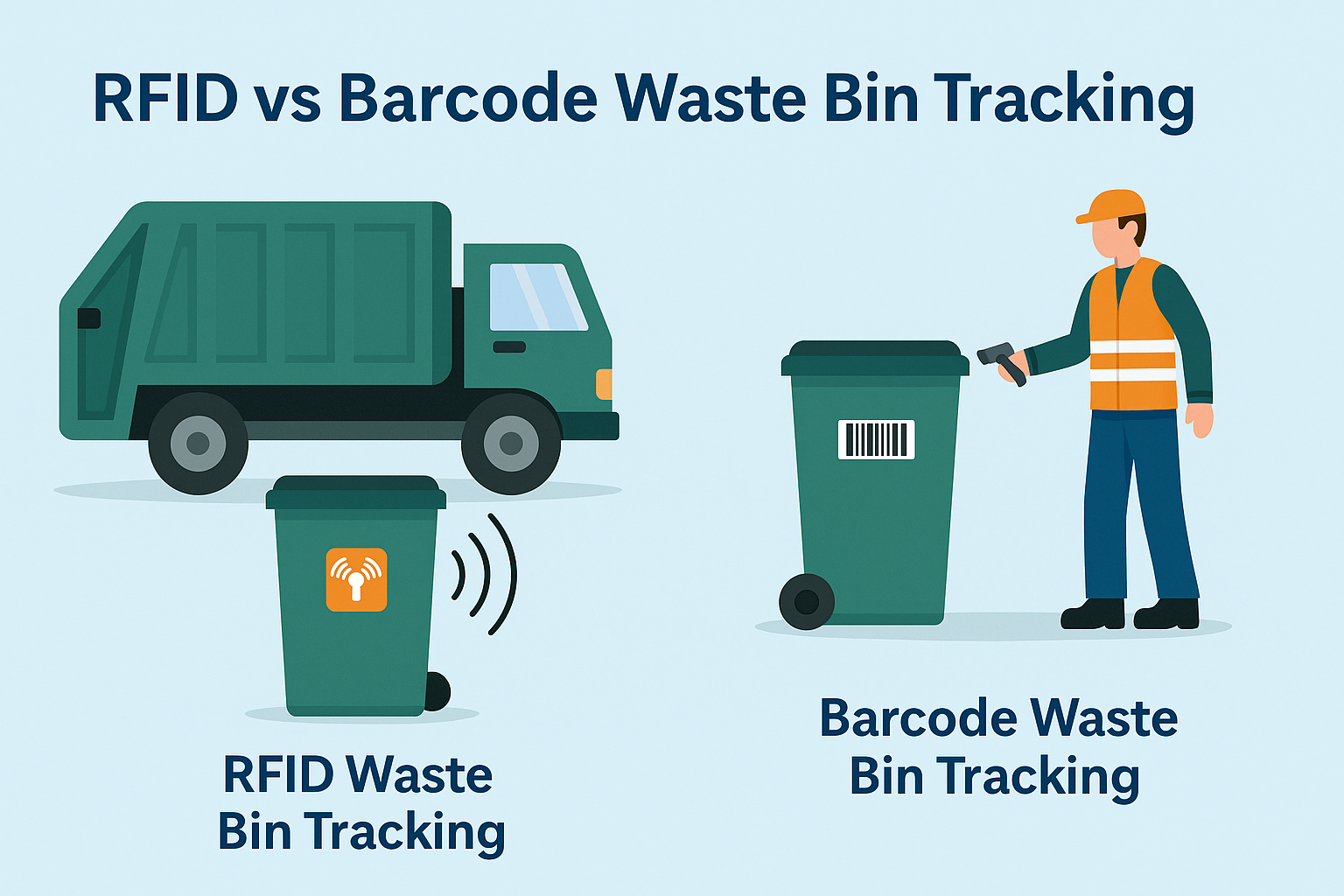
What Is RFID Waste Management
Imagine a city where every trash bin speaks — not literally — but through a tiny chip that tells the system when it’s full, when it’s emptied, and where it went. That’s what RFID waste management is doing today.
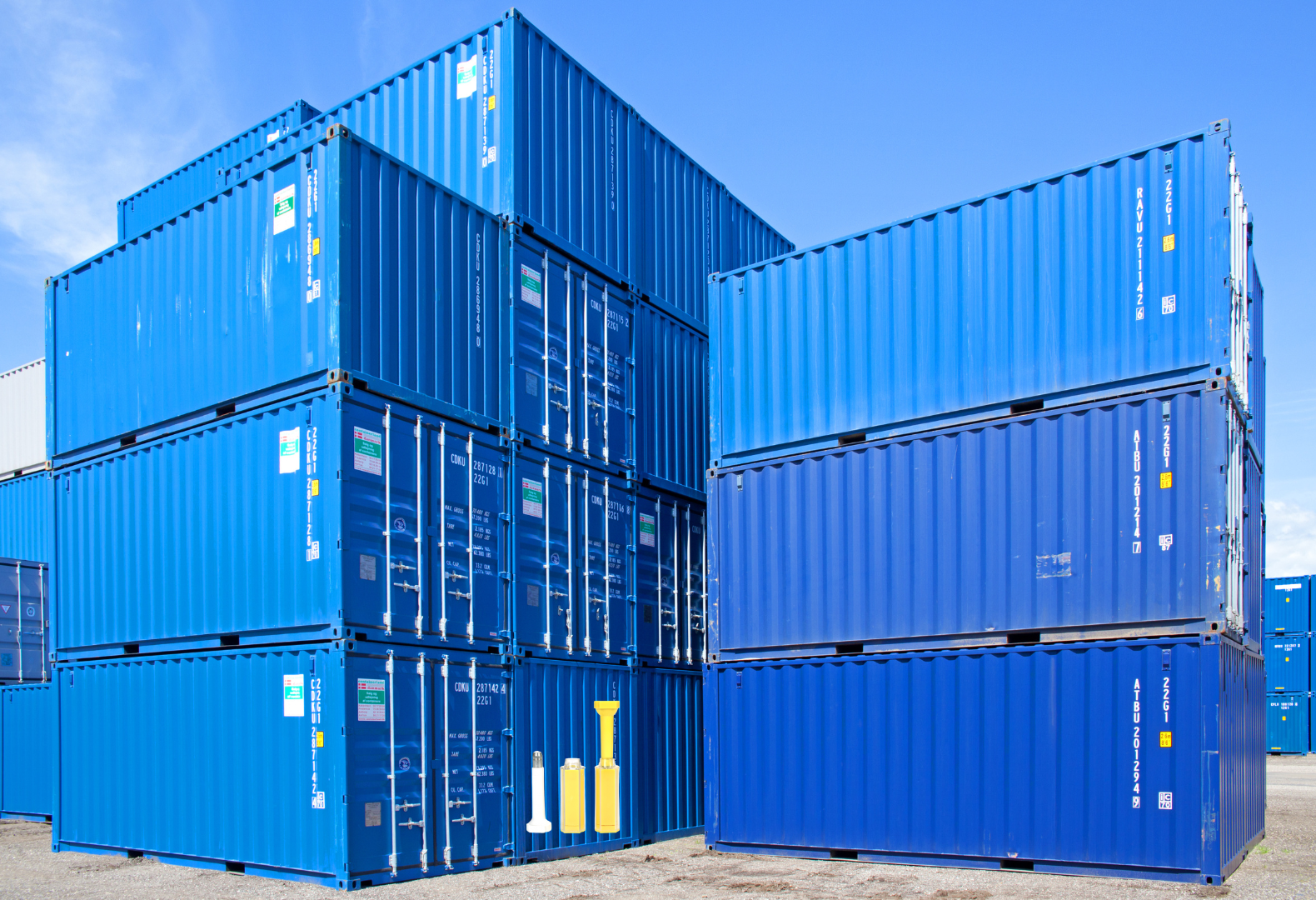
What are Bolt Seals and their Applications? | Complete Guide
In global trade and logistics, bolt seals play a crucial role in ensuring cargo security and compliance. These small but powerful devices are designed to lock shipping containers, trailers, and cargo doors with a tamper-evident mechanism.

What is an RFID Card Protector? Benefits, Use Cases, and Buying Guide
RFID technology (Radio Frequency Identification) is everywhere: in your credit cards, ID badges, transit passes, hotel room keys, and more. It offers speed and convenience, but it also opens the door to a new kind of digital theft called “skimming.” That’s where an RFID card protector comes in.

RFID Wristbands for Events: Bulk Buying Guide for Organizers
RFID wristbands for events are becoming the go-to solution for organizers who need faster entry, fraud prevention, and cashless payments at concerts, festivals, and sports venues. Unlike paper tickets or QR codes, these smart wristbands use embedded chips to streamline access, secure transactions, and improve the guest experience.
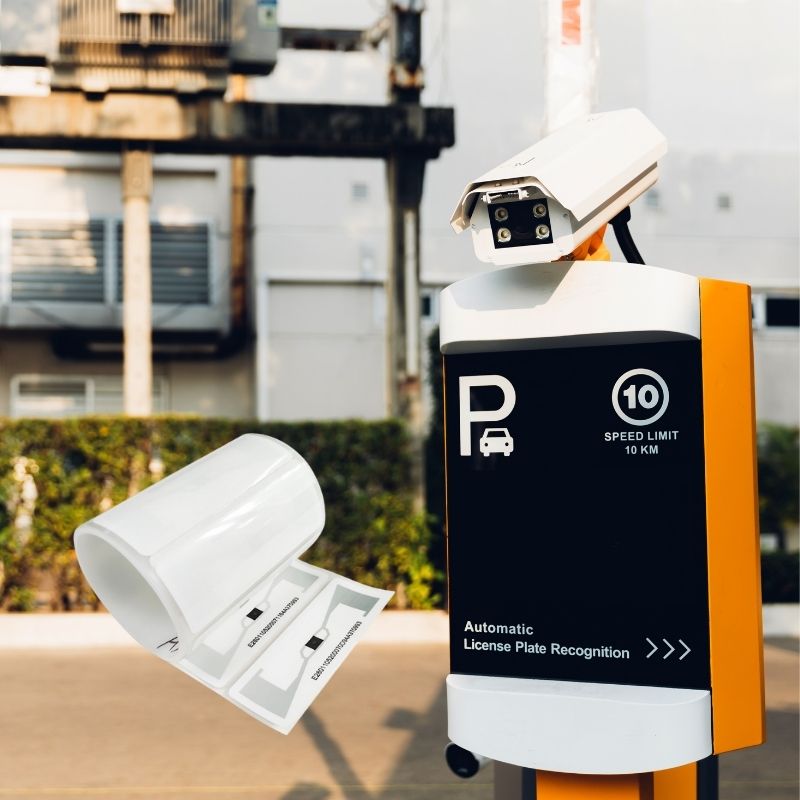
How RFID Tag on Windscreen Improves Vehicle Access Control and Toll Systems
In today’s fast-paced world, vehicle identification needs to be quick, secure, and contactless. An RFID Tag on the Windscreen provides exactly that — a reliable way to manage toll collection, parking, and gated access without stopping vehicles.
Tags
RELATED BLOGS

RFID in Logistics: How to Eliminate RFID Misrouting and RFID Label Failures
RFID in logistics is more than just a tool to speed up processes. It has become a key part of how modern supply chains operate.

What Is RFID Waste Management
Imagine a city where every trash bin speaks — not literally — but through a tiny chip that tells the system when it’s full, when it’s emptied, and where it went. That’s what RFID waste management is doing today.

What are Bolt Seals and their Applications? | Complete Guide
In global trade and logistics, bolt seals play a crucial role in ensuring cargo security and compliance. These small but powerful devices are designed to lock shipping containers, trailers, and cargo doors with a tamper-evident mechanism.


